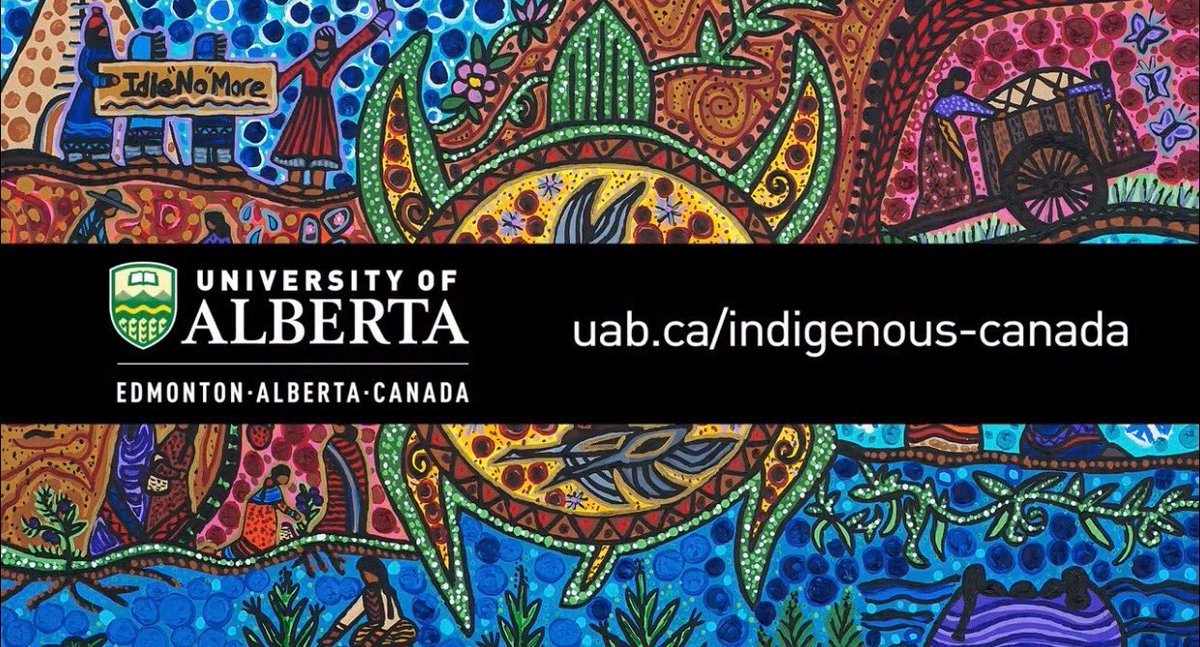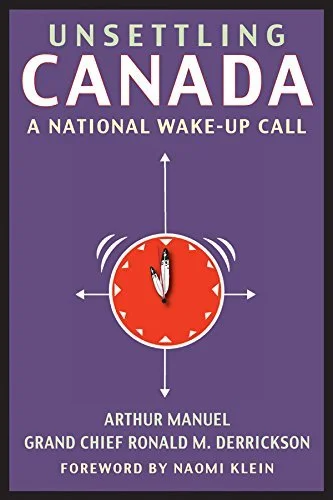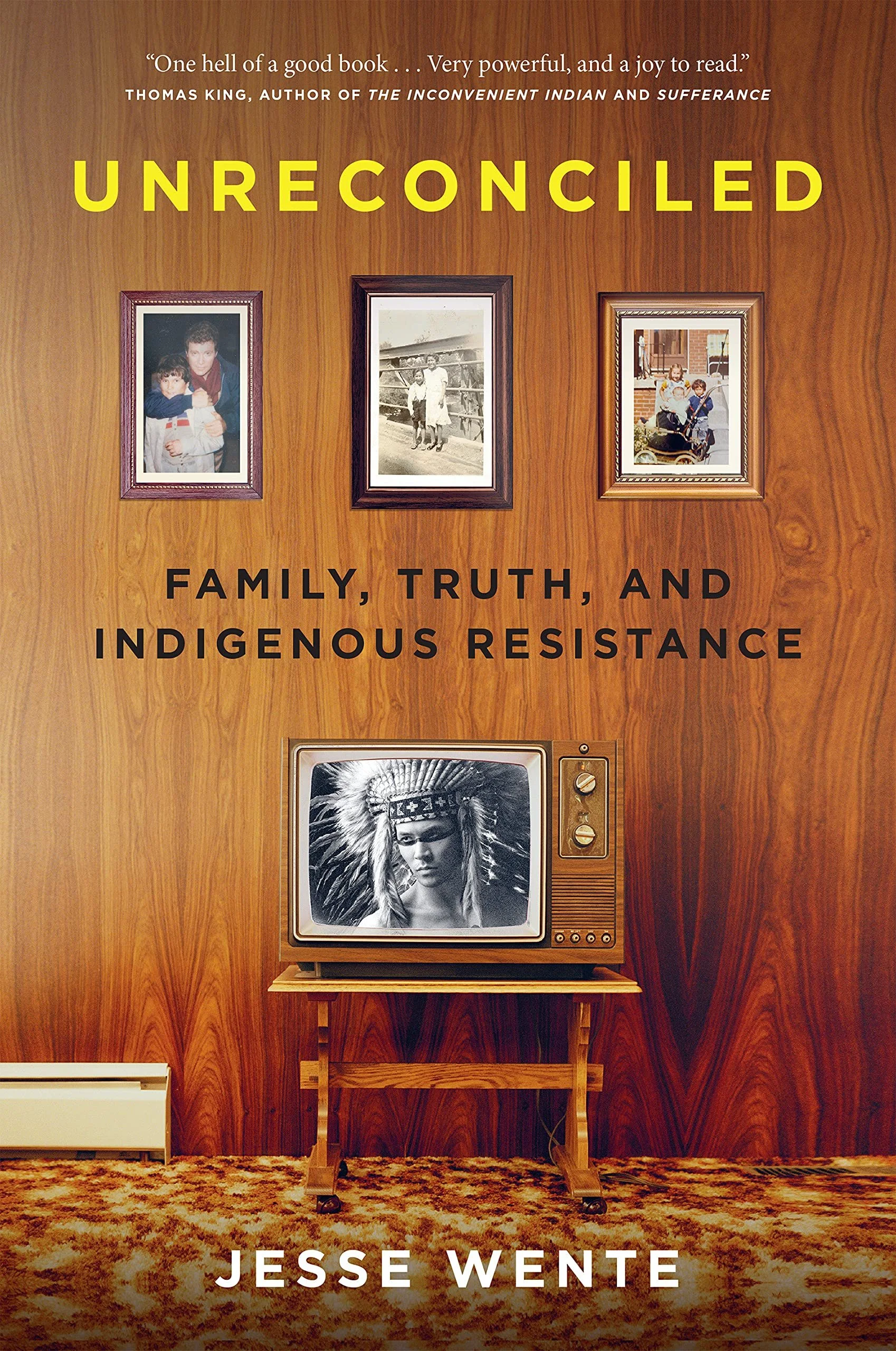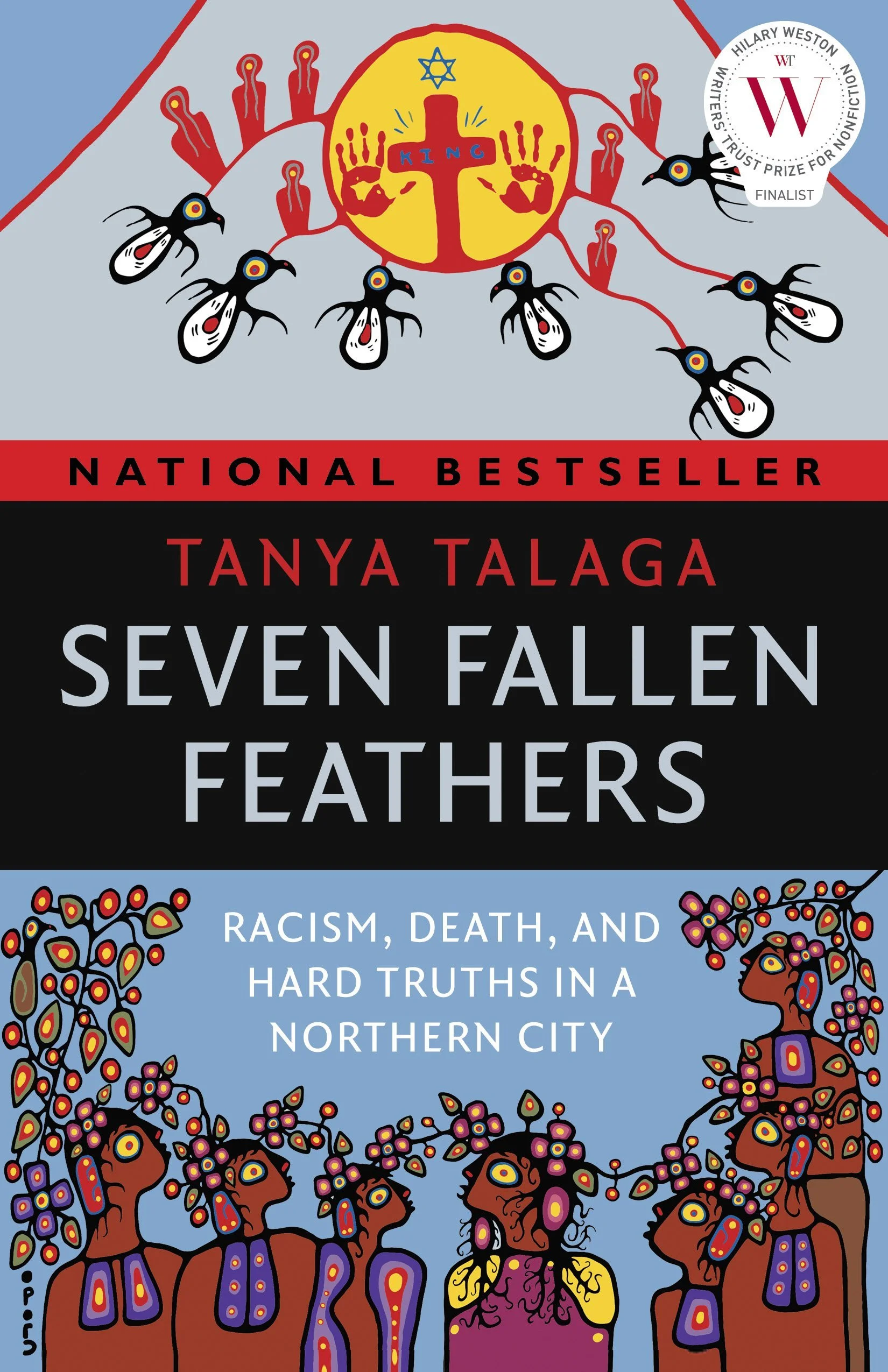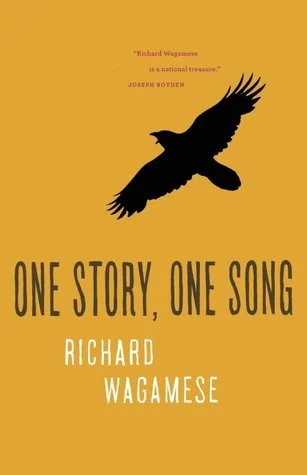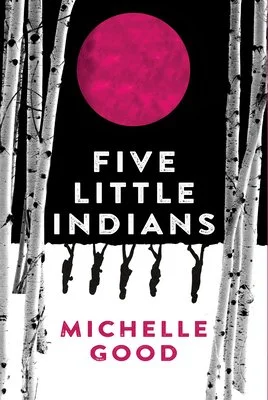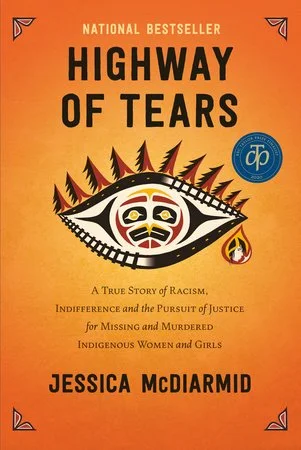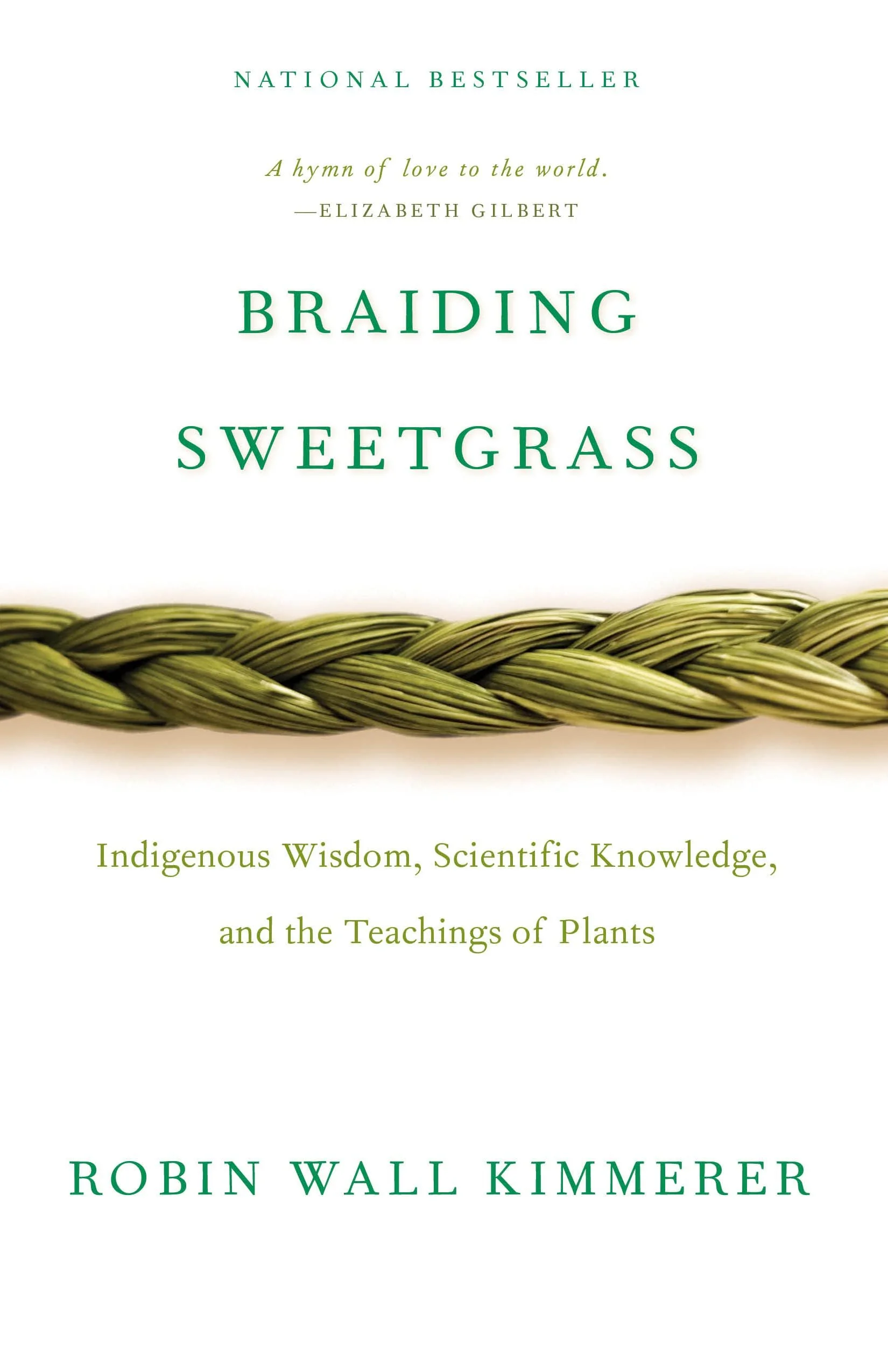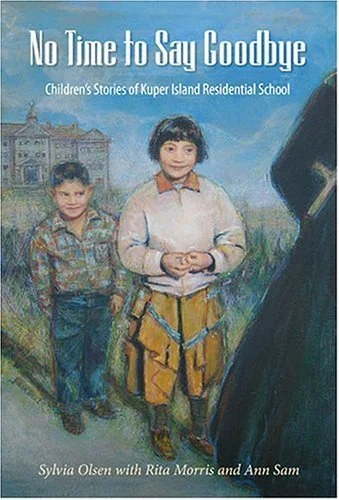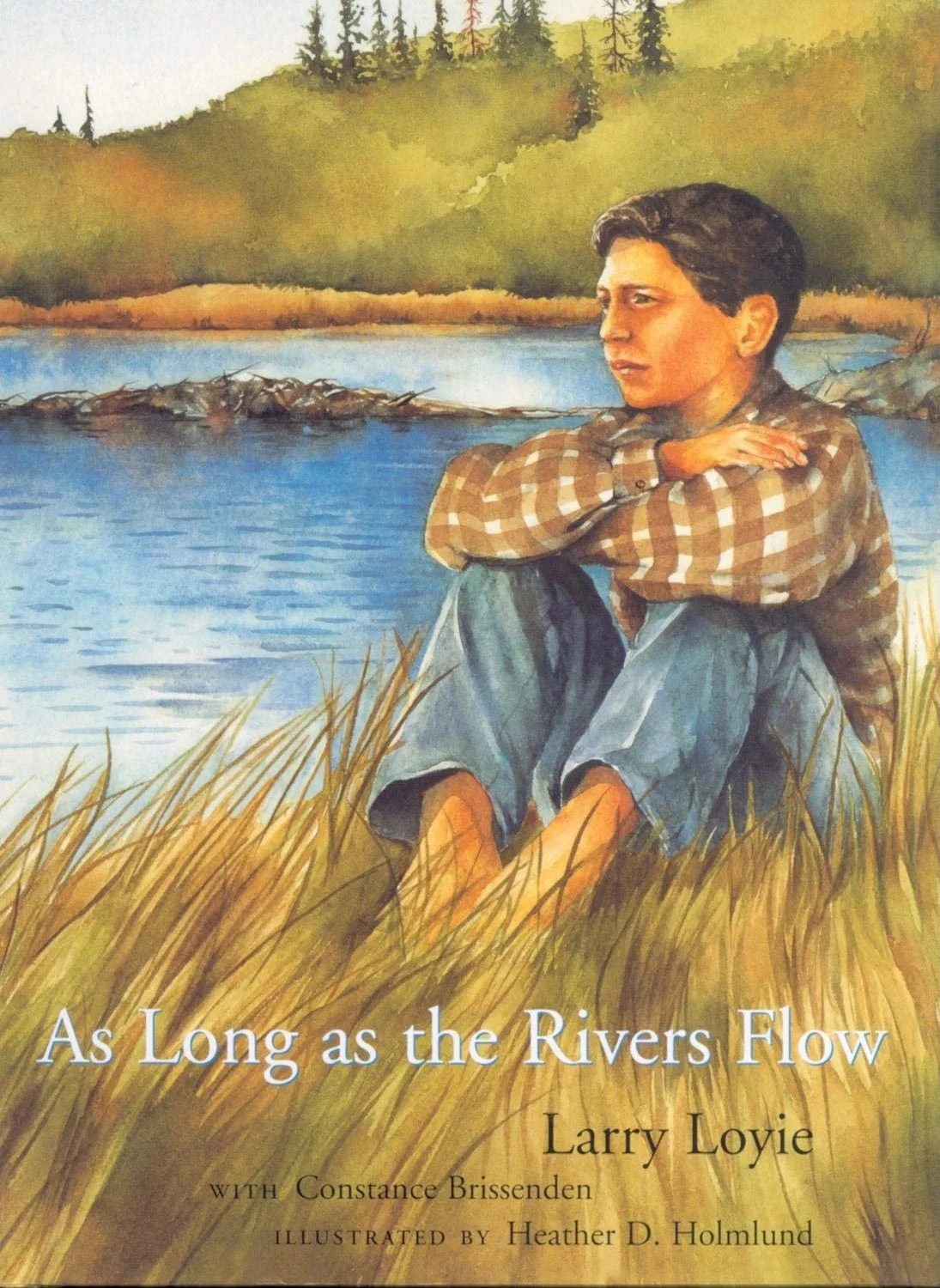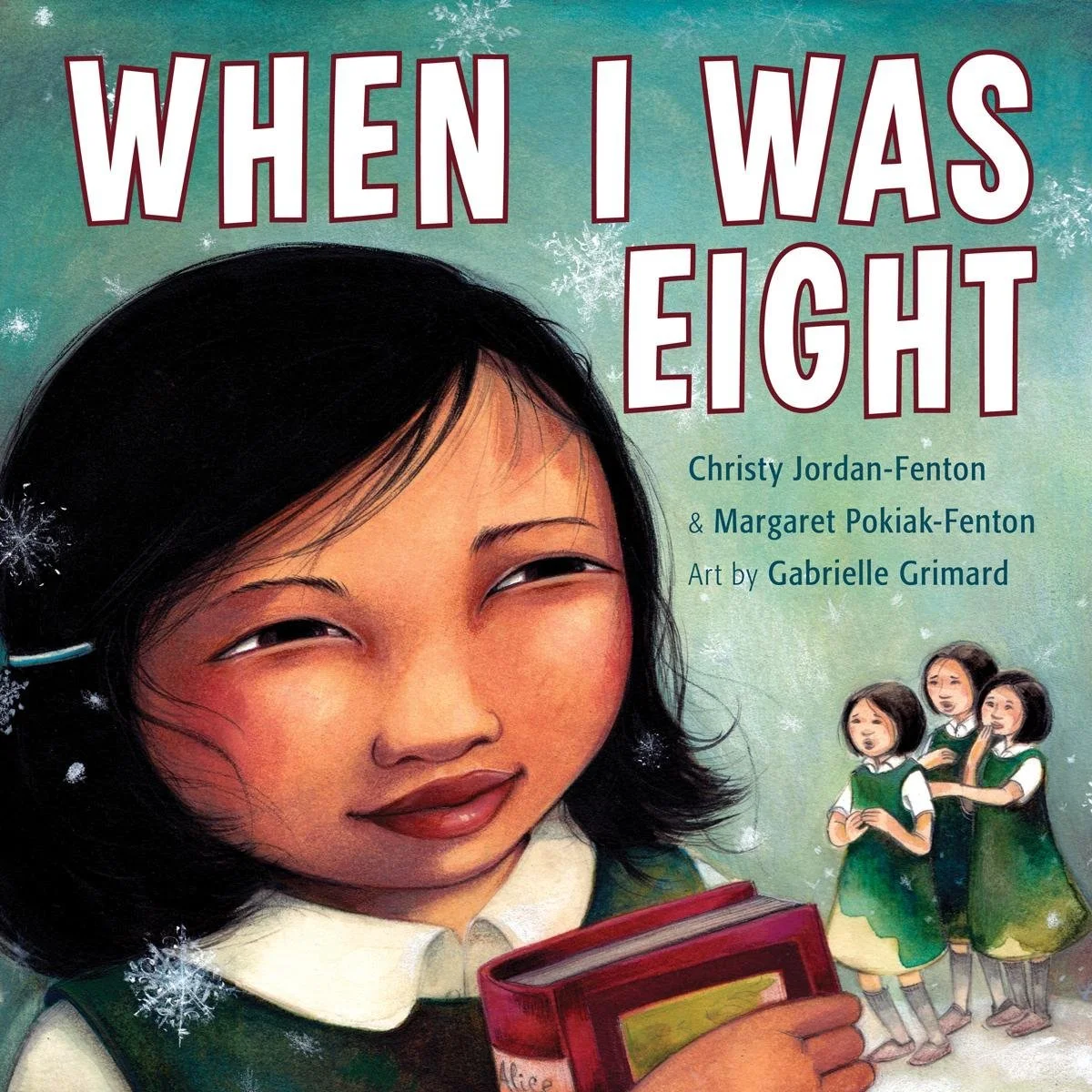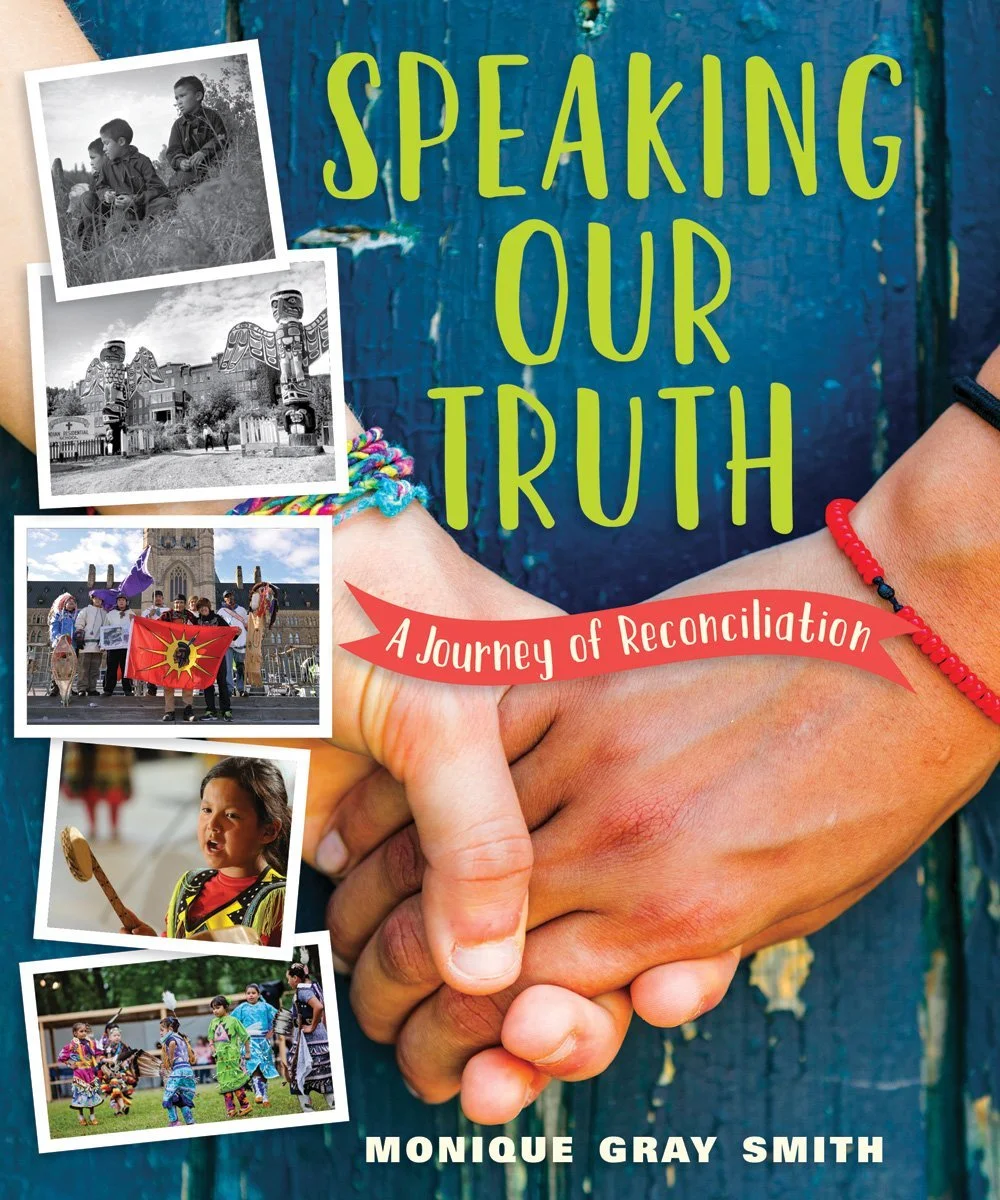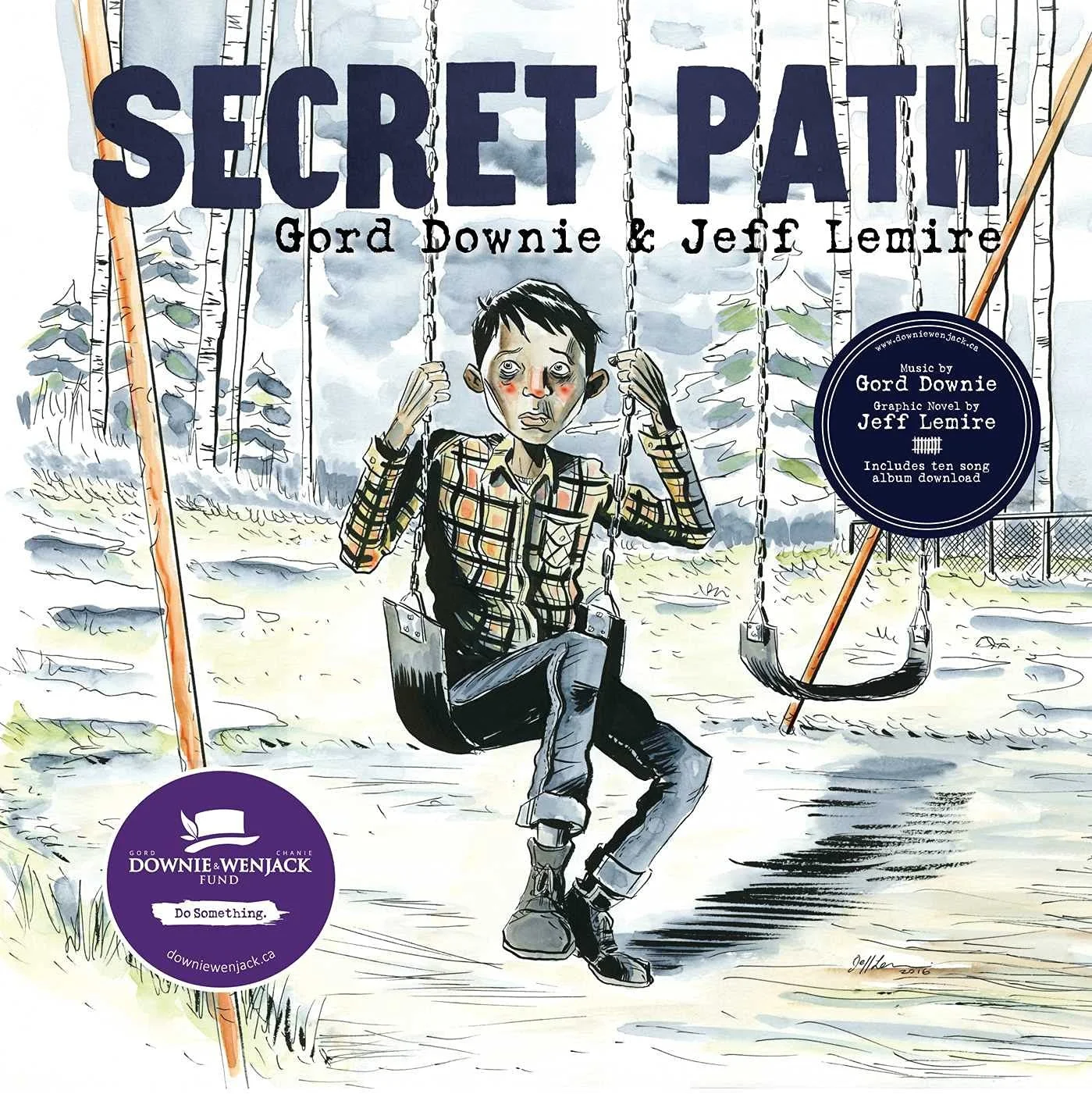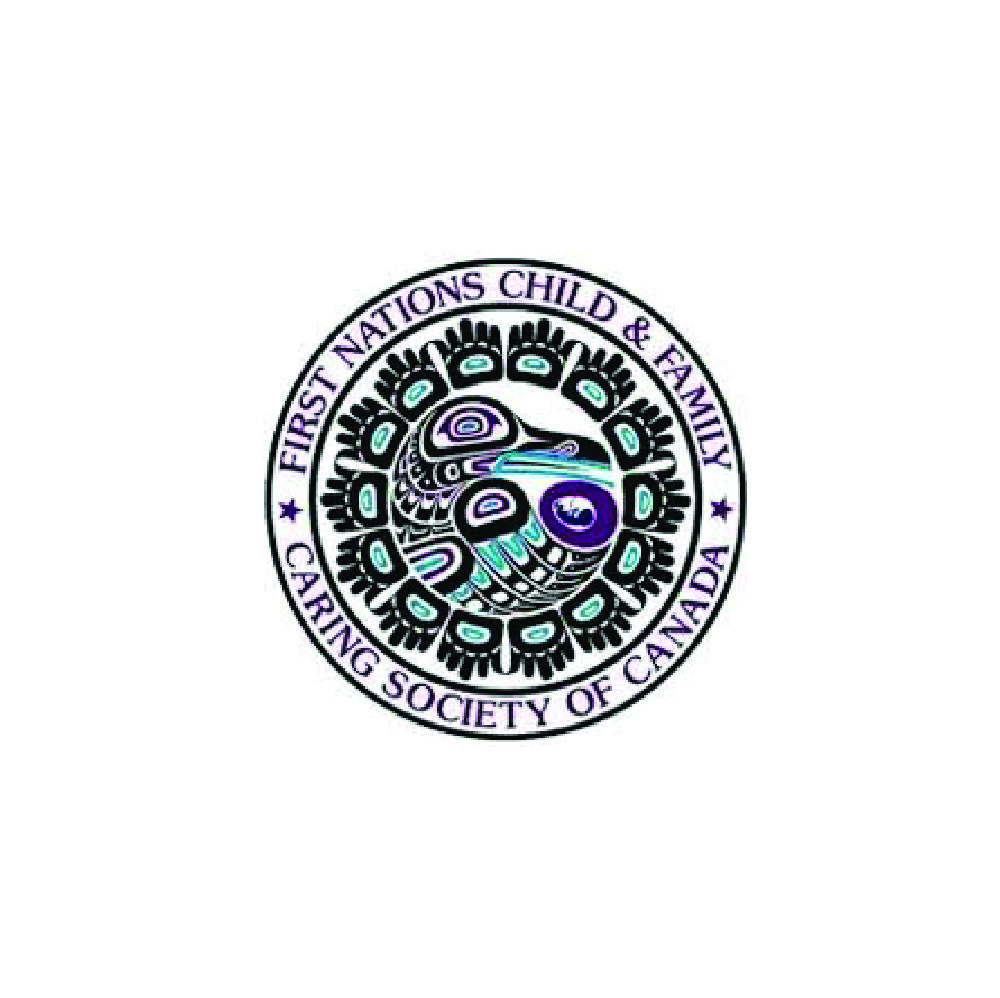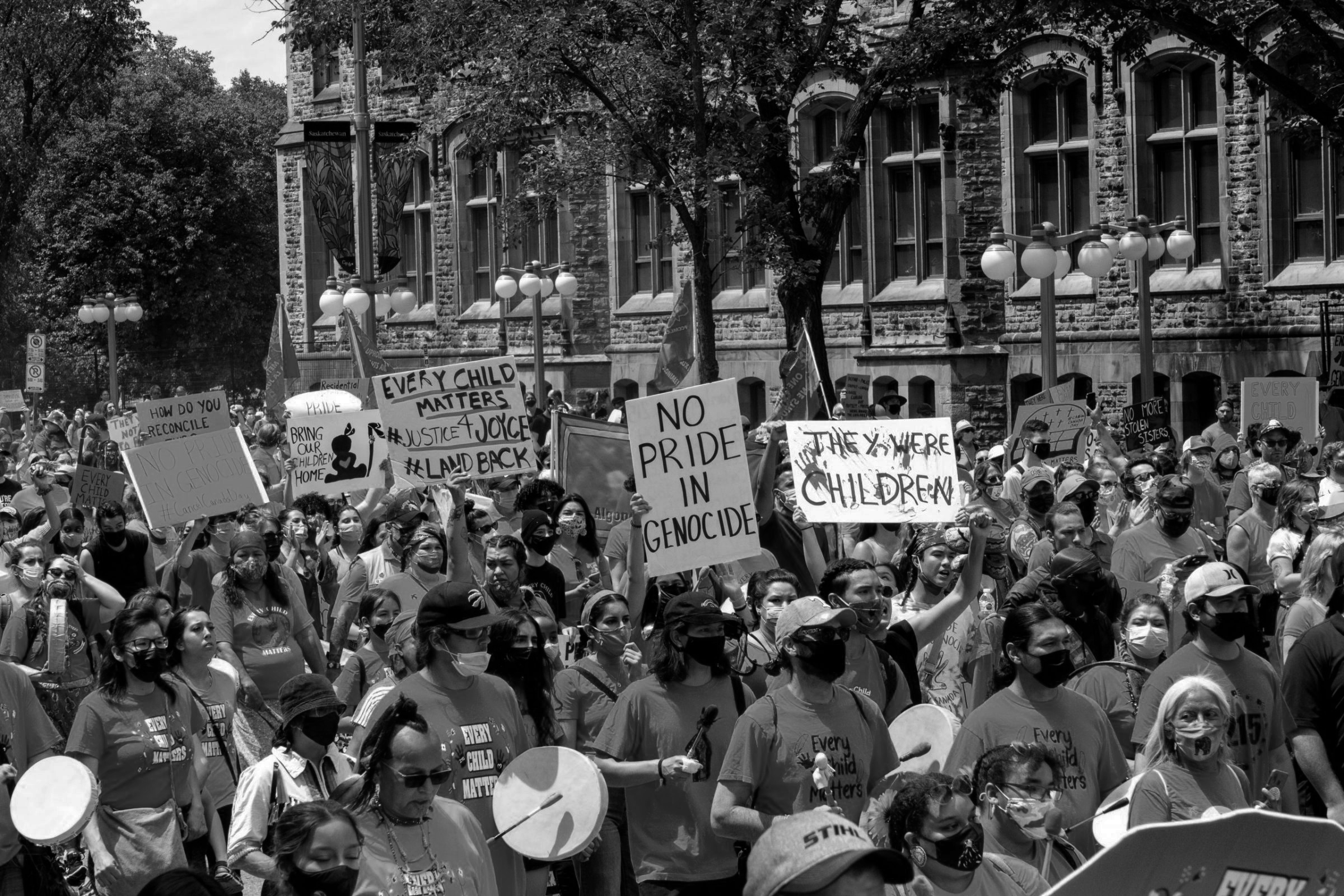
SETTLERS TAKE ACTION
Non-Indigenous people living in Canada have a responsibility to be true treaty partners on a daily basis, not just on Sept 30.
Make this Moment of Mourning a Movement for Change
In May 2021, the remains of 215 Indigenous children killed in a Residential School in British Colombia were found. Since then 1000s of unmarked graves have been found at former Residential Schools sites across the country, with thousands of more Indigenous children still unaccounted for. Over seven generations of Indigenous people were forced into these ‘schools’ and thousands continue to feel their indescribable effects of personal and intergenerational trauma to this day. The Indigenous people of this land continue to face systemic violence and oppression to this day. This is not just a historical issue; it is also a current issue.
For all of us in Canada, this moment should be one of national mourning.
We as settlers and non-Indigenous people of this land need to own that; we need to sit with the discomfort of our country's actions. We have to accept that while we might not be directly responsible, we still greatly benefit from colonialism in Canada. We need to understand that we can love this country and know it needs to be better.
Our government has a responsibility to do better, but so do we. We can't just mourn; we need to do more, individually as settlers and collectively as a settler nation. We all have a part to play in Truth & Reconciliation, and since our government isn't stepping up, then we, the people, must.
Read more about our project’s commitment to this moment in our Status Quo Must Go Statement.
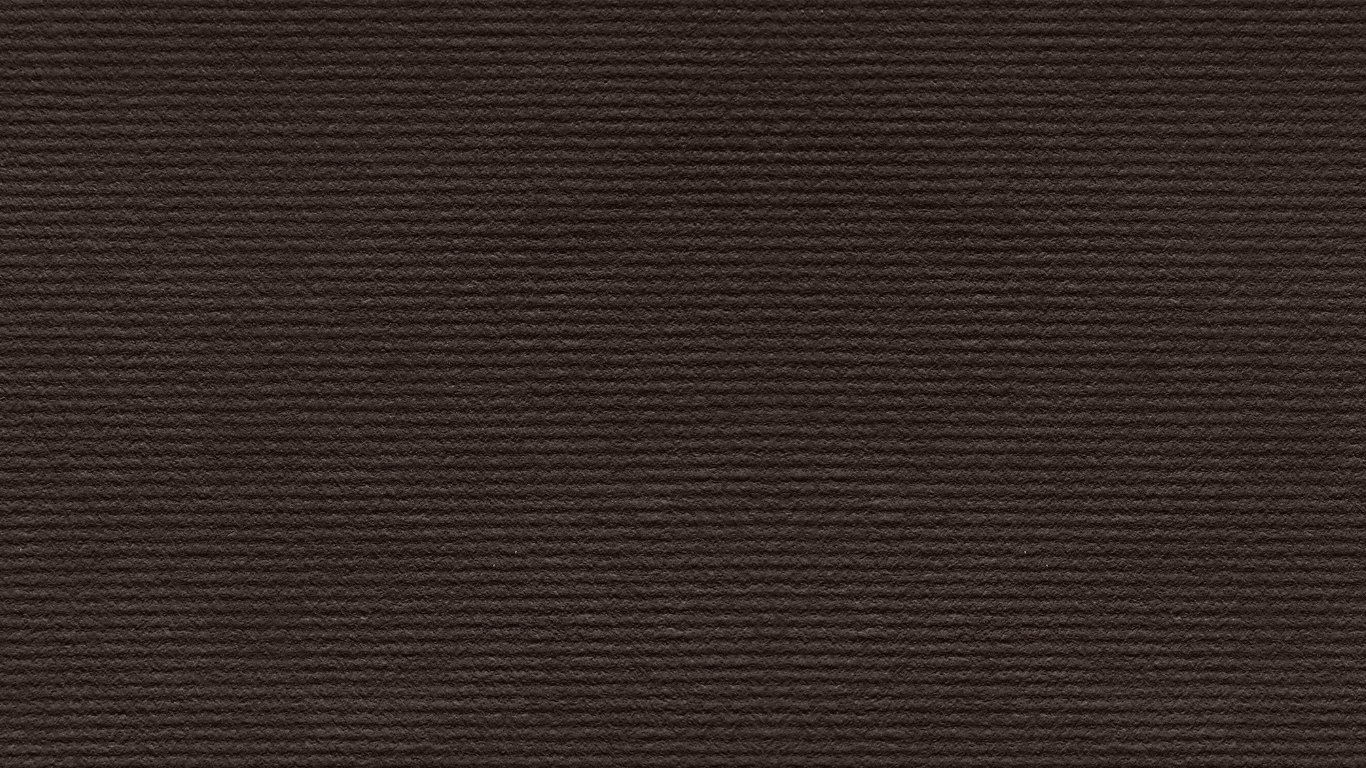
True Reconciliation referenced On Canada Project!
We are incredibly honored to be mentioned in "True Reconciliation: How to Be a Force for Change?" by Jody Wilson-Raybould, who served as Canada’s first Indigenous Minister of Justice & Attorney General from 2015-2019.
Excerpt from ‘True Reconciliation’:
‘New types of organizations are emerging, designed to challenge people to think and act beyond the status quo. We see volunteer community initiatives founded by young people – initiatives that are increasingly focused on issues of Indigenous justice and reconciliation, including through supporting Indigenous political advocacy, raising funds for Indigenous charities, and driving public awareness and understanding of critical issues.
The “On Canada Project” is one example. It was founded in 2020 to help disseminate information to marginalized and younger people about COVID-19, but has now expanded to a focus on work for and with Indigenous Peoples. As the project organizer sees it: “Our government has a responsibility to do better, but so do we. We can’t just mourn; we need to do more, individually as settlers and collectively as a settler nation. We all have a part to play in Truth & Reconciliation, and since our government isn’t stepping up, then we, the people, must.” '
Source: Jody Wilson-Raybould, True Reconciliation: How to Be a Force for Change?, 2022, pp. 297-298.
Who is Jody Wilson-Raybould? Jody Wilson-Raybould, also known as Puglaas, is a prominent Canadian politician, lawyer, and advocate for Indigenous rights. She is a member of the We Wai Kai Nation and served as an elected representative in Canada’s federal government. She was also Canada's first Indigenous Minister of Justice and Attorney General from 2015 to 2019. Wilson-Raybould is widely recognized for her integrity and commitment to justice, particularly for her role in the SNC-Lavalin affair, where she stood up against political pressure, which ultimately led to her departure from the Liberal government. After serving as an Independent Member of Parliament, she continued her advocacy for Indigenous rights, governance, and reconciliation. She is also an accomplished author, having written books that explore her experiences in politics and her vision for a more just and inclusive Canada.
Present Day Colonial Violence
Present Day Colonial Violence
Canada’s Third National Day for Truth and Reconciliation is on Sept 30
Grassy Narrows and Ring of Fire in Northern Ontario
#SearchTheLandfills in Winnipeg, Manitoba
Fairy Creek Blockade in British Columbia

OCP Originals
Want to learn how to give a proper land acknowledgement? Take our Digital Communications Course here:
First Time Settler Taking Action
Step 1 | Learn About Whose Land You Live On: Find out whose traditional territory you live on. Visit native-land.ca
Step 2 | Do Your Research: Click on the links of the territories from native-land.ca and learn more about the original caretakers of the land you now inhabit, their history, and the current issues that affect their communities.
Step 3 | Read about the Truth and Reconciliation Commission of Canada: Review the 94 Calls to Action.
Find a TL;DR version of the report via the CBC, and see the progress made on each item via CBC here.
Step 4 | Connect with your Elected Officials: Click here to find out who your elected reps are. Tell them you care about the Indigenous people of Canada and want to see action taken to reconcile with them, as described in the Truth and Reconciliation Report. Ask for an update on what they are personally doing to take action. Hold them accountable.
Step 5 | Be Public About Your Solidarity: The more non-Indigenous people take action and become vocal about their solidarity with the Indigenous people of this land, the more likely we are to create sustainable change. The more likely we will peak and hold the interest of politicians so that they radically shift the way they take action around this.
Amplify Indigenous voices on your social media, lend your support to the causes and bills they care about, and share your findings from Native-Land.ca. Do more than has been done by those before us.
Create Momentum Online by using the Hashtag #SettlersTakeAction to help start a movement around this moment.
Step 6 | Start Your Learning Journey: take a look at the books, organizations, IG Lives, Blog posts and Resources list we’ve gathered together below to learn more about Residential Schools, Reconciliation and become a better ally to Indigenous people across Turtle Island.
Step 7 | Show up in Solidarity: Being an ally isn’t something you do once in a while - in fact, once-in-awhile allyship is more about you feeling good about yourself, than it is about making a difference for a community you aren’t part of. So it is crucial you find ways to be an ally in an ongoing way.
One way you can do that is by joining our Social Good Crew - a community of value-aligned people who want to show up better in every part of their life.
You can also set up reoccurring reminders and donations to contribute to any of the organizations listed below, and support Indigenous-owned businesses, entrepreneurs, creators, artists and more.
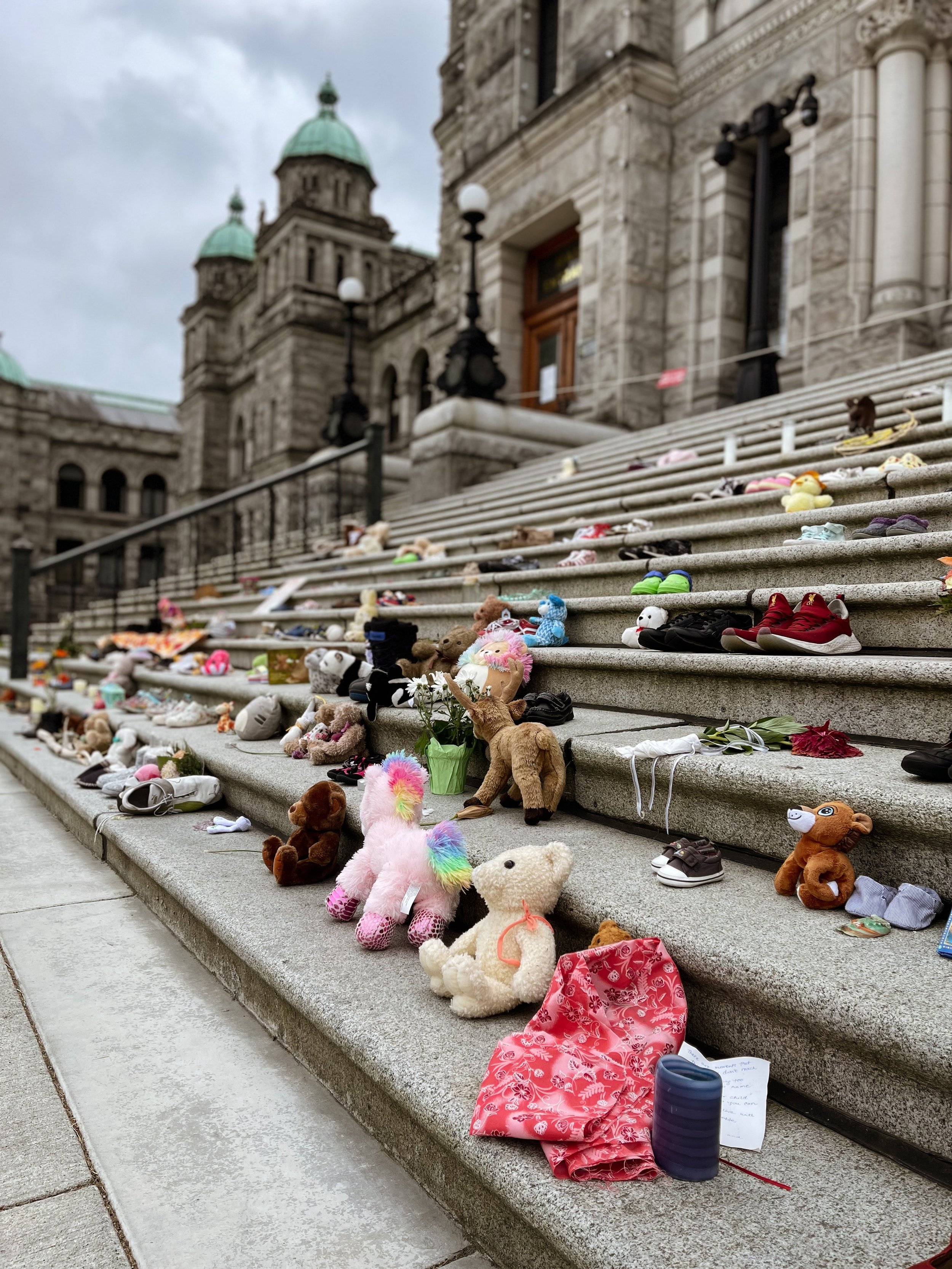
Make An Impact Now
We’ve compiled a list of credible Indigenous-led organizations below you can donate to, support, and find important resources from below. Not sure who to give your money to? Donate to the Indigenous Peoples Solidarity Fund through Unite for Change, a fund that includes more than 40 Indigenous-led charities from across Canada whose focus ranges from social services to arts and culture. Learn More about their charitable Funds on their website.
Learn More
As treaty partners, we have a responsibility to demand our leaders enact all 94 Calls to Action and engage in active allyship in our own lives. This includes our homes, communities, schools, and our workplaces. When non-Indigenous folk collectively show up as true treaty partners, it'll force high-speed action from our government instead of the dial-up/buffering speed that they seem to be taking with these 94 Calls to Action.
-
-
Angry Inuk - NFB/ Youtube / Amazon Prime Video
We Were Children - via NFB / Amazon Prime Video / AppleTV
The Pass System - Documentary Film
Kanehsatake: 270 Years of Resistance - NFB
Trick or Treaty? - NFB
Canada’s Dark Secret - via Al Jazeera on YouTube
Bee Nation - via CBC Gem
A Mother’s Voice - via STORYHIVE on YouTube
-
Finding Cleo - CBC Podcast
Thunder Bay - CANADALAND Podcast
Residential Schools - Historica Canada Podcast
-
10 books about residential schools to read with your kids
It’s Our Time Toolkit - A tool to bring together First Nations and non-First Nations people and foster a spirit of cooperation, understanding, and action.
-
“Indigenous Canada” - A free course offered by the University of Alberta, Faculty of Native Studies
Canada’s Residential Schools - Canadian Geographic x Google Earth
Foundational Books for Adults:
Foundational Books for Children:
Key Organizations:

Listen To Indigenous Voices:
Stay Up To Date On The Issues:
Additonal Reading:
“The Colonial Problem: An Indigenous Perspective on Crime and Injustice in Canada” by Lisa Monchalin
“Settler: Identity and Colonialism in 21st Century Canada” by Adam J. Barker and Emma Battell Lowman
“Indigenous Writes: A Guide to First Nations, Métis, and Inuit Issues in Canada” by Chelsea Vowel
“The Education of Augie Merasty: A Residential School Memoir” by Joseph Auguste Merasty
“Broken Circle: The Dark Legacy of Indian Residential Schools” by Theodore Fontaine
This page is being updated regularly! If you have resources you think will help Canadians know better and do better or any questions/comments please send them to us using this form.







